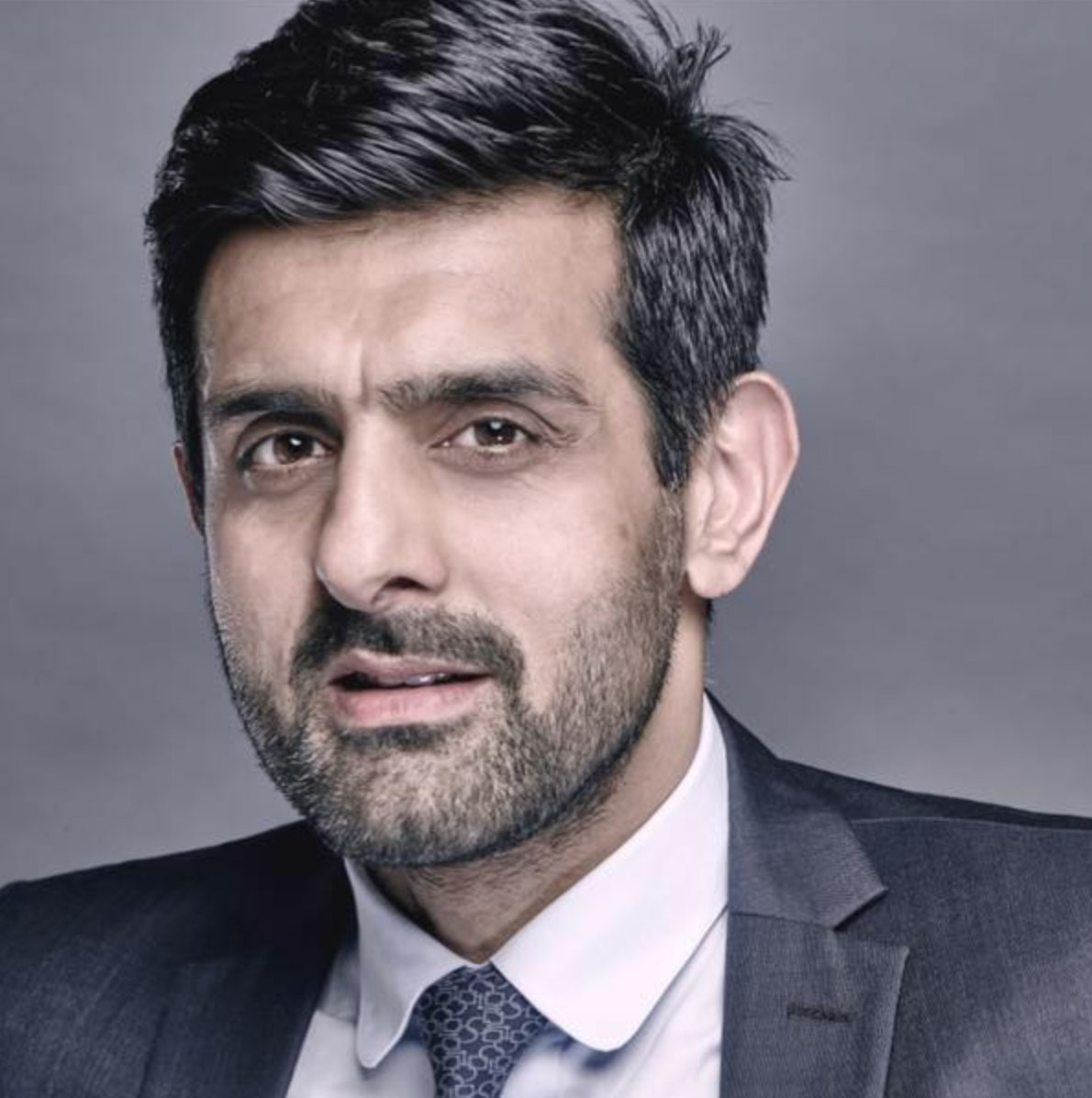Corruption Watch’s David Lewis believes employees will be let off because they know top people are implicated.
The pivotal players in one of the biggest private-sector scandals involving state capture have walked away with their pockets full of money and are being held accountable by no one.
Vikas Sagar, a senior partner at the global consultancy firm McKinsey, left with his pension and a payout from his shares.

[Vikas Sagar, a senior partner at McKinsey, took his pension and shares payout]
Nine KPMG South Africa senior partners, including Trevor Hoole, Ahmed Jaffer, Mike Oddy and Muhammad Saloojee, quickly left the global giant once news broke of the company’s dodgy relationship with the Gupta family and its complicity in compiling a “misleading” report about a so-called rogue unit at the South African Revenue Service. KPMG will not discuss what they were paid.
German-based global software giant SAP found that three officials were implicated in the scandals that have rocked the country since the Gupta leaks were first reported on. Two are facing disciplinary hearings and one has left. The company would not answer any questions about payments to the official who has left.
According to Accountability Now director Paul Hoffman, most of the people who have been implicated or who resigned as soon as the corruption was uncovered will get away with it because there is little to no political will to ensure accountability.
“The KPMG partners are probably laughing and saying they have done what they could to save the brand. They see what happened to them as a consequence of the business risk,” he said.
McKinsey’s spokesperson, DJ Carella, would not disclose how much Sagar had received. “Mr Sagar received no severance or exit payment upon his departure from the firm. He received only compensation which he had previously earned, to which he was legally entitled.”
It was reported that McKinsey had cut Trillian, a Gupta-connected company, into a contract worth billions with Eskom. In a deal that Eskom has only recently admitted was null and void, Sagar signed off documents sanctioning Eskom to pay Trillian millions for work that had not been done.
The parliamentary portfolio committee on public enterprises is holding hearings into Eskom’s Gupta links, governance issues and illicit dealings amounting to billions of rands, in which McKinsey was heavily involved.
Before the parliamentary inquiry, McKinsey conducted its own investigation, during which Sagar was suspended. But just before the company released a statement, the senior partner resigned.
Now it comes to light that he left the company like any other partner would have, with all his benefits.
It has been alleged by Sagar’s former colleagues that he is considering options outside South Africa, including in India.
His lawyer, Lennard Cowan, who specialises in commercial litigation, said: “There was an agreement to terminate his employment. It’s in the ordinary course that we would not discuss anyone’s employment. Like everyone’s remuneration package, it’s confidential and so is the agreement. He is still in the process of deciding where to go. You can confirm that he is looking at options in South Africa.”
SAP, which paid nearly R100-million to another Gupta-linked company to secure government contracts, is also mum about the employees who have been implicated in the corruption scandal and the executive who has left the company because of it.
“The disciplinary hearings in respect of the other two executives are scheduled to commence in early 2018,” according to a statement.
“SAP has been clear from the start that it will not tolerate misconduct and that, where wrongdoing is identified, it will be dealt with vigorously and comprehensively.”
Like Hoffman, Corruption Watch’s head David Lewis also doesn’t believe there will be repercussions for those implicated. “One possible reason why there have been no repercussions is that those individuals are not at the very top and know where too many bodies are buried to have them easily punished in case they identify people who are higher up the food chain who have been implicated in this.”
He added that the manner in which those implicated have been dealt with is a symptom of the private sector’s culture of
rewarding the generation of fees above all else.
“If it was good enough to get rid of them, there should have been a disciplinary inquiry and they should have walked away with nothing if they are guilty,” Lewis said. “If they have been fired in connection to corruption, the companies should have reported them to the police even on suspicion of corruption.”